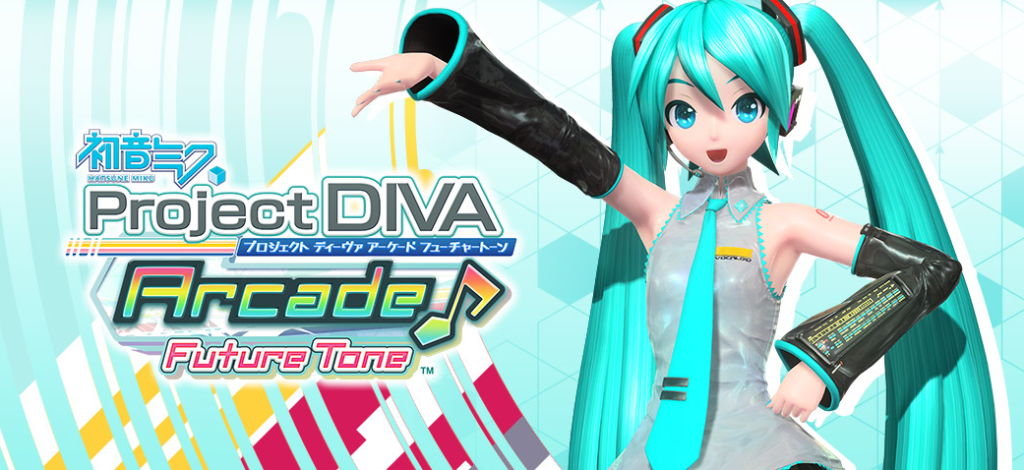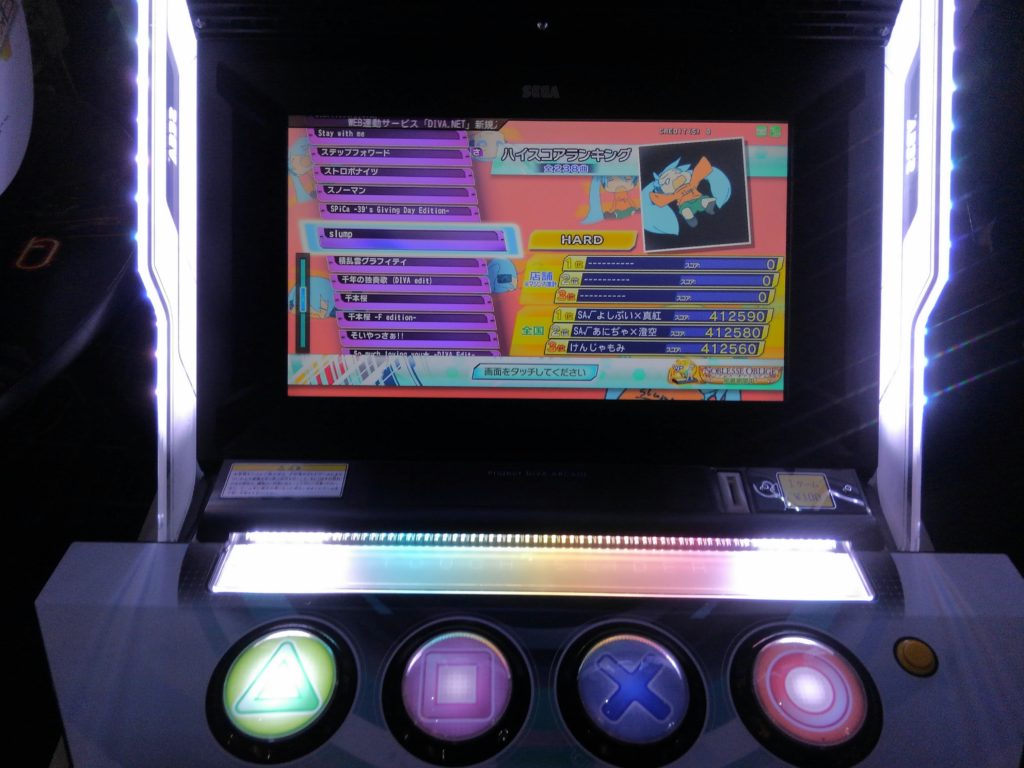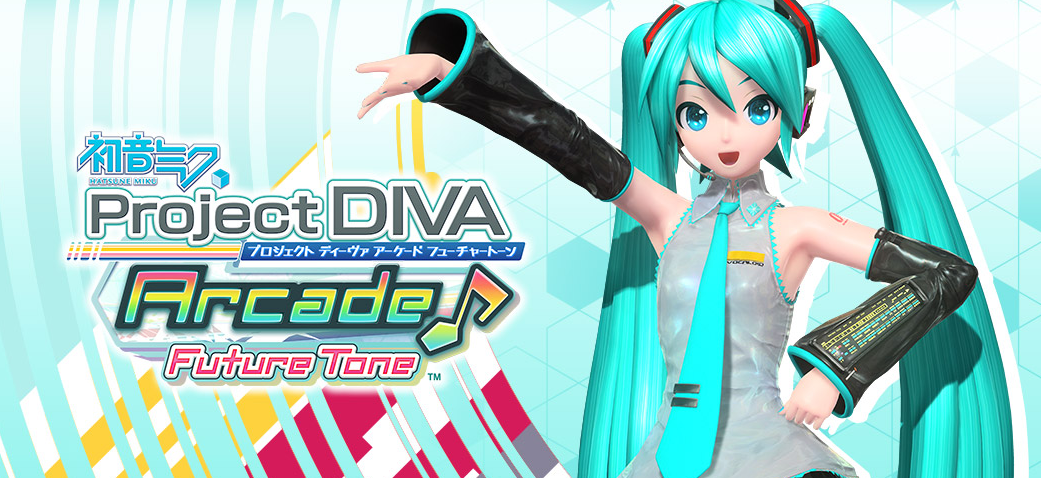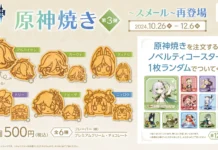Project Diva: diva on the go, diva at home, diva at the arcade

Sega’s Project Diva, a name that is probably a good deal more familiar to the average reader than our usual arcane fare, is a game I’ll wager a good deal of you have played or at least heard in passing. Not only an arcade darling in Japan, Project Diva is also available on a myriad of platforms, including PSP, PS3, PS4, Vita, 3DS, and iOS. For the few who are still unfamiliar with the Project Diva line, it’s the official rhythm game of the Vocaloids, the loveable computerized singers that are basically autotune without the actual human. If the names Hatsune Miku, Kagamine Len and Rin, Megurine Luka, Kaito, and Meiko don’t ring any bells…stop reading right now and educate yourself—you don’t know what you’re missing.
What western audiences might not know about the Project Diva series, however, is that it has its own arcade game in the Japanese domestic market. Even more fascinating, perhaps, is that it plays exactly like the home console Project Diva games, right down to using the famous X, O, □, and Δ buttons found on the PlayStation. Instead of placing all these buttons on a small handheld controller, however, Project Diva Arcade presents them as four oversized domed buttons, spread quite far apart. For splash and dash, a touch bar (somewhat like the bar found on Chunithm) is also included above the buttons. The arcade screen, moreover, is touch-enabled, although this particular feature is not used in gameplay—it is merely an aid for navigating the game’s menus.

Gameplay is exactly like the Project Diva home console games: notes corresponding to X, O, □, and Δ, fly in from the edge of the screen toward a cutout that can appear anywhere on-screen. When the note overlaps its cutout, the player hits the button. Because the arcade’s buttons are more spread-out than the home console version, however, more elaborate button combinations are possible, including double, triple, and even quadruple taps, creating a much more challenging experience for home players. For added panache, the game also requires occasional flicks of the overarching touch bar in the game’s higher-level songs.
As with the home console Project Diva games, the highlight of this game is its music selection. Fans of Vocaloid will find themselves pampered with an extensive library of Vocaloid music, produced by both professional and amateur artists, paired with elaborate CG music videos for each song. As with all Japanese arcades, the music library receives regular internet updates, giving the consummate fan something to look forward to everytime they put in their 100-yen coin. Fans of non-Vocaloid music are out of luck on this particular machine, but really…everyone knows what they’re getting into on a Project Diva game.
Although the arcade is Japan-exclusive, western readers can get a taste of the action by playing any of the extant Project Diva games on the consoles previously mentioned.
As a Sega game, Project Diva Arcade runs on the Aime pass, which is also compatible with the Banapassport.







